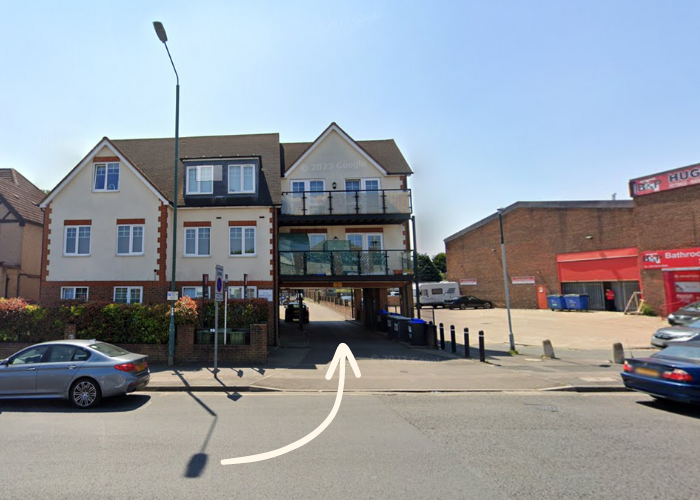


Veneers at Bellegrove Dental
Transform your smile with precision
At Bellegrove Dental Surgery, we specialise in transforming smiles with high-quality dental veneers, offering a blend of durability, aesthetics, and craftsmanship. Veneers are one of the most popular solutions for enhancing your smile, whether you’re looking to correct discolouration, chips, gaps, or misalignment.
- Aesthetic appeal
- Durability
- Minimally invasive
- Custom-made







What are dental veneers?
Dental veneers are thin shells of porcelain or composite resin that are custom-made to fit over the front surface of your teeth. They are crafted to match the natural colour of your teeth, while also providing the desired shape and brightness. Veneers offer a conservative approach to changing a tooth’s colour and shape; they don’t require the extensive shaping prior to the procedure that crowns do, yet offer a stronger, more aesthetic alternative.
Types of veneers
- Porcelain veneers: Known for their strength and aesthetic appeal, porcelain veneers resist stains better than resin veneers and mimic the light-reflecting properties of natural teeth. They are crafted in a dental lab from high-quality ceramic material, ensuring each veneer is perfectly matched for colour and fit.
- Composite resin veneers: These veneers can be applied in a single visit, making them a faster option than porcelain. Composite resin is sculpted directly onto the teeth and hardened with a special light. While they offer a cost-effective and immediate solution, they may require more maintenance over time.
The procedure
- Initial consultation: Your journey begins with a detailed discussion about your aesthetic goals and a comprehensive examination of your teeth and gums to ensure veneers are suitable for you.
- Tooth preparation: Depending on tooth and type of veneer the teeth may be lightly buffered or cut back to prepare their surface for optimal bonding. This process involves removing a small amount of enamel to accommodate the veneer.
- Impression and customisation: Impressions of your teeth are taken and sent to a dental lab, where each veneer is custom-made. Temporary veneers may be provided to protect your prepared teeth.
- Final application: Once your custom veneers are ready, they are carefully bonded to your teeth. Adjustments are made as necessary to ensure a perfect fit and a natural look.
Frequently asked questions - Veneers
Porcelain veneers typically last 5-7 years, while composite veneers around 5 years.
Veneers are considered a semi-permanent treatment because some tooth enamel is usually removed to place them, which cannot be restored.
Veneers should be treated like natural teeth. Brush at least twice a day, floss daily, and visit your dentist regularly. Avoid using them to bite into very hard foods to prevent chipping.
Porcelain veneers are highly resistant to staining, but composite veneers may be susceptible to stains over time, similar to natural teeth.
The veneer process typically involves an initial consultation, preparation of the teeth, taking impressions, and a final appointment where the veneers are bonded to your teeth.
When properly executed, the placement of veneers involves minimal alteration and is not harmful to your natural teeth. However this also dependent on how much alteration is required where more enamel may be removed which is not reversible.
Most adults are eligible for veneers, but patients with unhealthy teeth, such as those with decay or active gum disease, are not suitable candidates until these issues are treated.
Yes, because they are custom-made to fit your teeth and are bonded precisely, veneers feel very much like your natural teeth.
Teeth under veneers typically remain healthy, provided that good oral hygiene is maintained and there is no movement or shifting of the veneer.
If a veneer comes off or is damaged, keep the veneer and contact your dentist immediately. Do not attempt to reattach it yourself.


























